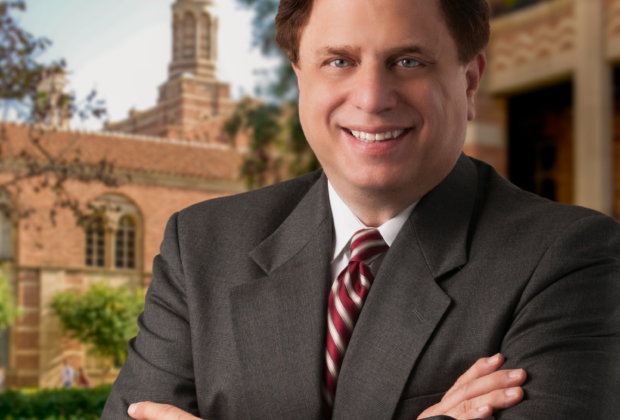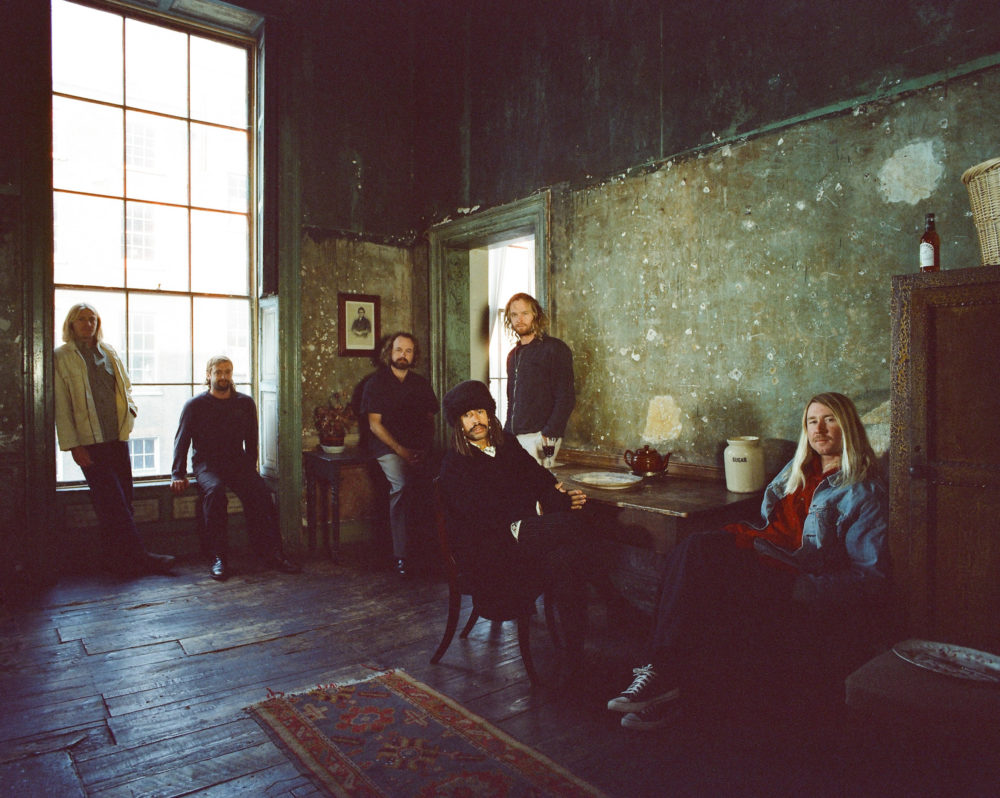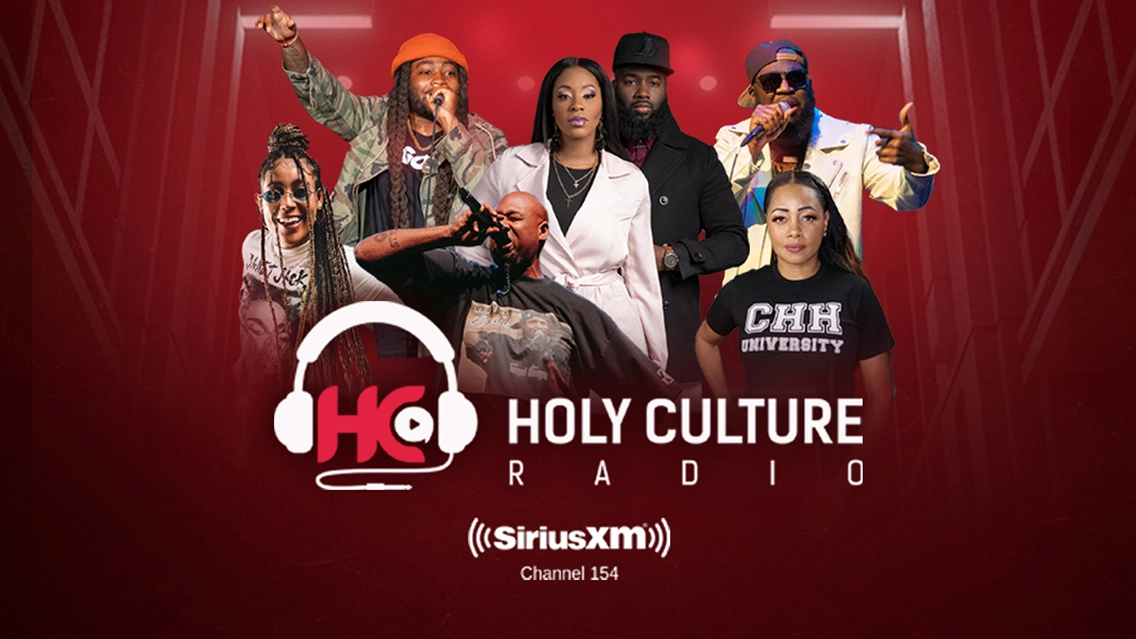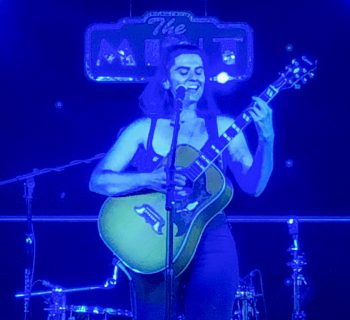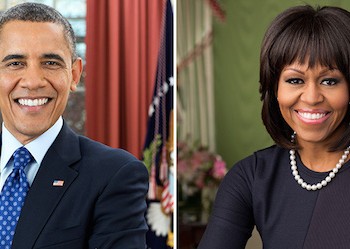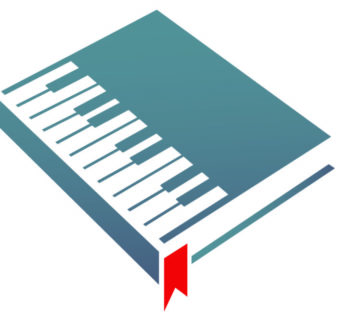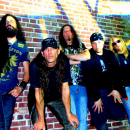Some prosecutors have been using rappers’ lyrics in criminal cases as evidence of crimes. For instance, in a case in Atlanta against Gunna and Young Thug, both of them were convicted and are now in jail.
Prosecutors have used rap lyrics in criminal cases against Drakeo the Ruler, Tekashi 6ix9ine and Snoop Dogg.
Is it fair to admit such evidence? Some labels and artists, led by Warner Music Group, recently issued an open letter arguing that prosecutors and state and federal legislators should be limted.
They contend that rappers lyrics are being held to a higher standard. Some people may argue this may be true but, in general, rappers’ lyrics (as opposed to other types of music) more often discuss violence or criminal behavior. In any event, some in the music industry argue that such use of a rapper’s lyrics in court unduly prejudices the jury against the defendant. In California we have Evidence Code Section 352 which states:
“The court in its discretion may exclude evidence if its probative value is substantially outweighed by the probability that its admission will (a) necessitate undue consumption of time or (b) create substantial danger of undue prejudice of confusing the issues, or of misleading the jury.”
The above already limits prejudicial evidence, but it appears the Warner coalition of music industry insiders want laws that specifically address rap lyrics.
Other prominent music industry companies and artists have joined Warner in support of the open letter, such as Spotify, Tidal, Capitol Records, and Universal Music Group as well as artists Drake, Megan Thee Stallion, John Legend and Post Malone.
In September of 2022, California passed a new law, “The Decriminalizing Artistic Expression Act.” It is intended to restrict such use of rappers’ lyrics as evidence in criminal cases. I think this makes sense, since, for example, even if a rapper raps about a murder, it obviously does not mean he or she committed the murder and it would be highly prejudicial. Some see this use of rap lyrics as an attack on free speech, especially on Black artists.
The new law was introduced by California state representative Reggie Jones-Sawyer, who stated:
“This is a way to stop overzealous prosecutors from using creative expression, which should never be prohibited.”
However, the new law allows the judge some discretion so a rapper’s lyrics could still be used in evidence when it is relevant.
The “Restoring Artists Protection Act” (the RAP Act) is a proposal to restrict the use of rap lyrics as evidence in federal court cases.
We will have to see what new state and/or federal laws may be passed to address this issue.

